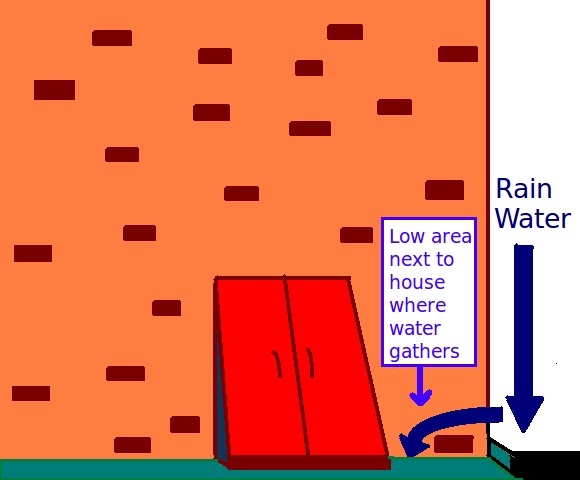Mold can be a common problem for many homeowners. While it usually grows in areas with a lot of moisture, mold can grow on almost any type of surface. Here are some facts about household mold and tips on how to keep mold from growing in your Ottawa home. 
Where Does Mold Grow in a Home?
While mold can grow in an extensive amount of places, leaky roofs, insulation, leaky pipes and carpeting are some of the most common areas.
Can Mold Affect My Health?
Some common health issues associated with mold exposure may include wheezing, congestion, eye irritation and/or skin irritation. Those who have lung disease and weakened immune systems may face complications and risk developing fungal infections. On the other hand, some people may have mold in their home and show no symptoms at all.
If I Find Mold, How Can I Get Rid of It?
If you have a minor mold problem, you can usually clean it yourself if it’s growing on a hard surface. Use a diluted bleach solution of no more than one cup of bleach to one gallon of water. However, if you find mold that is widespread or growing on porous surfaces like dry wall, call a mold removal specialist.
What Can I Do To Keep Mold Out of My Ottawa Home?
Following these tips from Certainteed.com can limit the likelihood of mold growth in your home.
1. Keep an Eye Out for Groundwater Standing water can be a real problem for some homeowners, which can become a breeding ground for mold spores and create foundation problems. Using downspouts can help direct groundwater away from your home. In more extreme cases, if the downspouts don’t work you may have to re-grade to keep water from getting into your home.
2. Dry Furnishings Thoroughly As soon as you notice leaky pipes, ceiling or faucets be sure to have them fixed quickly. If household furnishings become damp, you’ll need to dry them off as soon as possible. If household furniture or carpeting stays damp too long, you may end up having to get rid of it. Check the humidity level (ideally between 30 and 50 percent) with a moisture meter to ensure your home stays dry.
3. Musty Smells Might Mean Mold If you notice mildewed odors inside your home, it might be a sign of mold. Call a certified mold inspector if the smell lingers.
4. An Ideal Foundation If you are in a position to plan the foundation of your home, be sure that rainwater flows away and will not have a chance to pool below.
If you wish to learn more about this issue, feel free to contact us.

